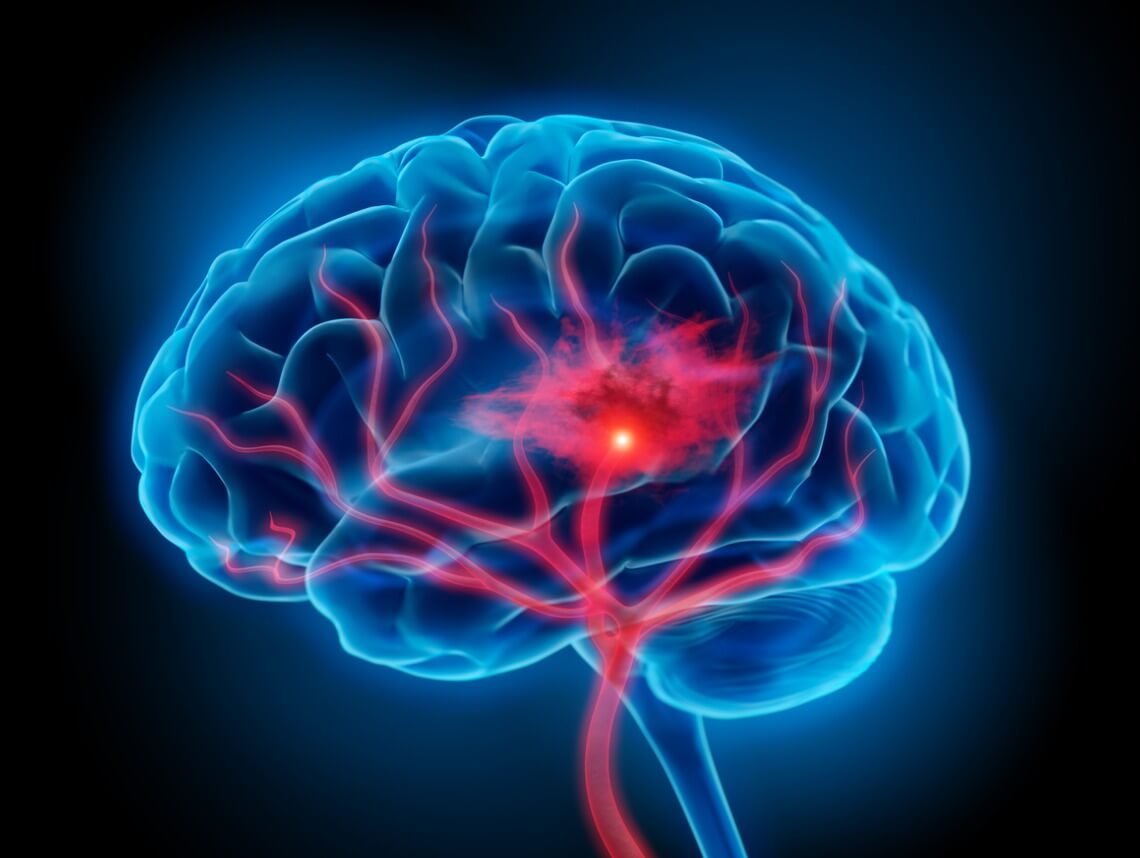While it’s common for children to get sick, viral or bacterial infections can be harder to overcome. You hate to see your child experiencing flu-like symptoms and want to do everything you can to make them feel better. But, did you know that some infections can lead to inflammation of the brain? Such is the case with encephalopathy. And, in rare cases, it can be life-threatening to your child.
What is encephalopathy in children?
Encephalopathy is a condition that impacts the brain — affecting memory, thoughts, and personality. In some cases, it can also affect the nerves and muscles in the body. How encephalopathy impacts each child is different. It may last for a short time or cause problems long term. There are two forms of encephalopathy, primary and secondary encephalitis.
Primary Encephalitis
This form occurs when a virus or other agent directly infects the brain. The infection can be concentrated or widespread. Primary encephalitis can also be reactivated by a virus from a previous illness.
Secondary Encephalitis
This form occurs when a child’s immune system fails to react to an infection elsewhere in the body. Typically, the body would attack the cells that have caused the infection, but in this case, the immune system attacks healthy brain cells instead. This can occur two to three weeks after the initial infection.
Cause of Encephalopathy
Inflammation to the brain can be caused by many things. In addition to infections, encephalopathy may be caused by:
- A lack of oxygen or blood to the brain
- Problems with metabolism
- Abnormal genes
- Toxins in the home or environment
- Being exposed to alcohol or drugs before or after birth
Encephalopathy Symptoms
Signs of inflammation are typically slow to surface and cause a gradual loss of function. But, in some cases, they can happen suddenly and be life-threatening. Symptoms vary depending on the age of your child.
Newborn
- Problems breathing or feeding
- No reaction or slow to react to touch
- Fluids, vomit, or mucus in the lungs
- Not breathing
Young Child or Teen
- Hard to think clearly, focus, and remember things
- Drowsiness
- Non-responsive
- Shift in personality — crankiness or depression
Other Symptoms
- Seizures, jerky body movements, or tremors
- Feeling sluggish
- Poor muscle tone or overactive muscles
- Sleep problems
- Fainting
Diagnosis & Treatment
If you or your child’s pediatrician suspect your child has encephalopathy, they will conduct a physical exam to see how your child reacts and behaves. This includes asking about any toxins they’ve been exposed to and any symptoms or health issues they’ve recently had. The pediatrician may order one or more tests, including:
- Blood tests
- Urine tests
- Electroencephalogram (EEG)
- Imaging tests — such as MRI or a CT scan
Once diagnosed, the pediatrician will attempt to treat the cause of the inflammation. Common treatments include medications and antibiotics. Depending on the severity of your child’s symptoms, a hospital visit may be needed to monitor and provide oxygen until the inflammation goes down. In severe cases, dialysis or organ replacement surgery may be needed.
Caring for a Child with Encephalopathy
If encephalopathy becomes a chronic condition for your child, you may require repeat visits to the hospital for treatments. Home health care can provide a safe alternative that keeps your child home for longer — without giving up the tools they need from a hospital setting.
In order to care for your child at home, you’ll need to monitor their oxygen levels and record any changes in behavior or personality. You’ll also need to make sure they’re getting a nutrient-rich diet. If your child needs monitoring throughout the night, don’t be afraid to ask for assistance, either from family members or qualified home health care providers.
Contact Care Options for Kids for Home Health Care
It can be hard to balance your time between work, home, and caring for a child. That’s why our team of skilled professionals at Care Options for Kids is here to help.
Our home health care services offer support in the comfort of your home. We refer loving and competent nurses to provide customized care for families — from a few hours a day to around-the-clock supervision. Contact us directly to speak with a home health care professional or request a free in-home assessment. Together we can determine the best plan of action to keep your loved ones happy and healthy.
If you or a loved one are considering Pediatric Home Health Care services, contact the caring staff at Care Options for Kids. Call today at (888) 592-5855.






